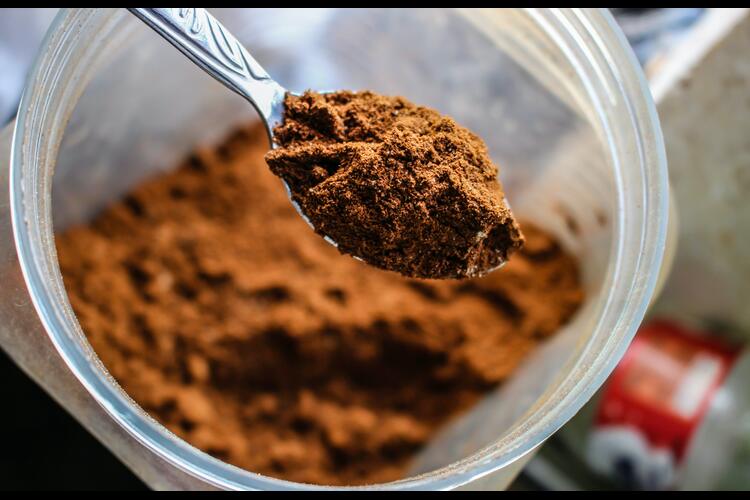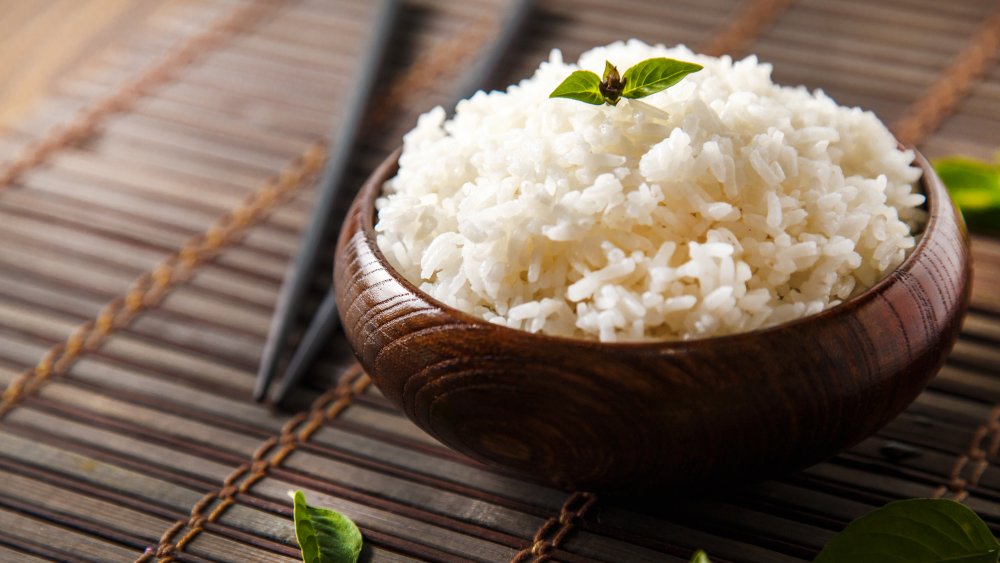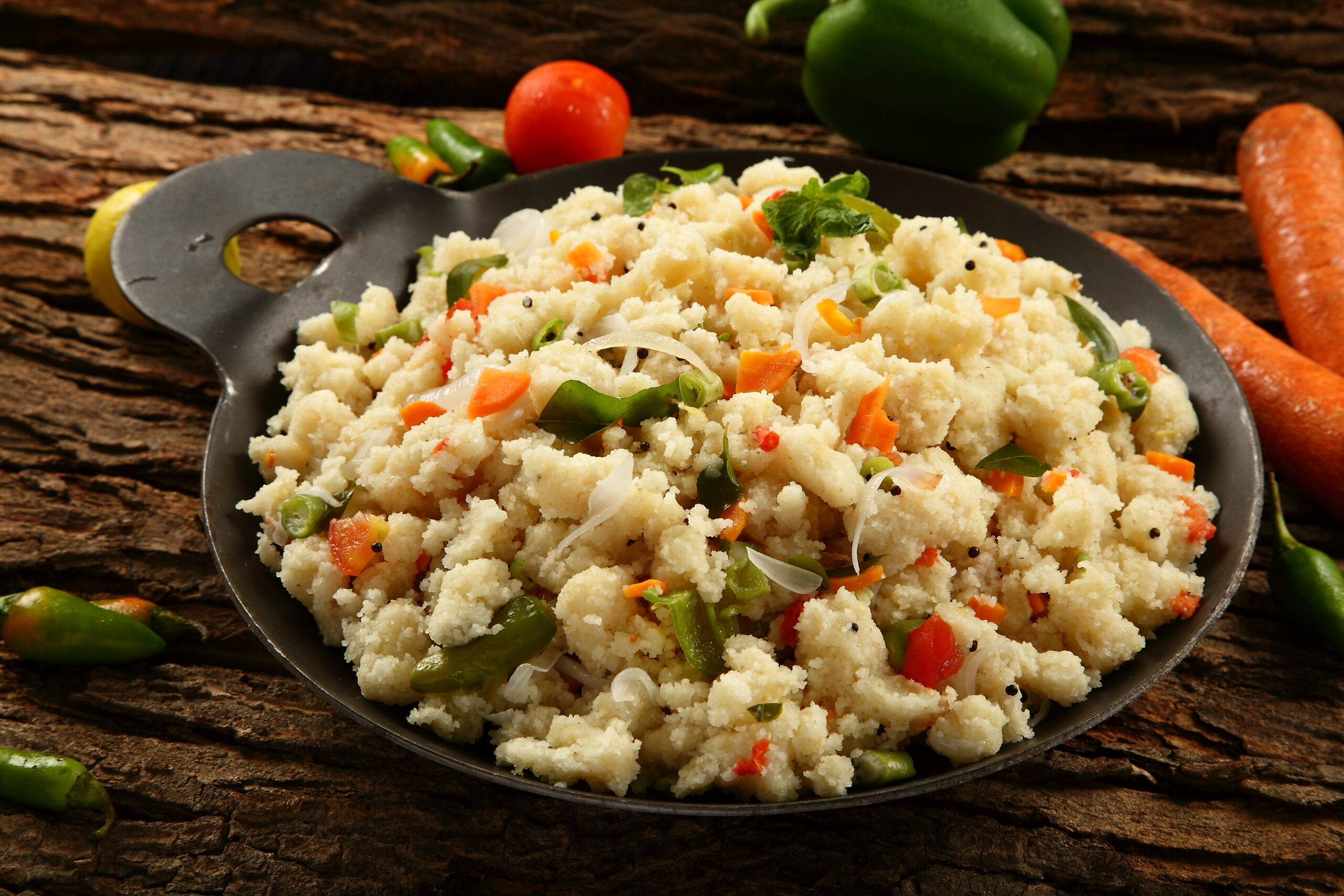Debunking Myths: Does Protein Powder Lead to Weight Gain?

In the realm of fitness and nutrition, protein holds an esteemed position. It’s often lauded for its muscle-building properties, weight management benefits, and overall contribution to a healthy lifestyle. Protein powders have become a staple in the diet of many fitness enthusiasts, but a common concern lingers: does protein powder make you gain weight? In this comprehensive exploration, we’ll delve into the science behind protein, the dynamics of weight gain, and how protein powders fit into this equation.
Understanding Protein and Weight Regulation
Protein is one of the three macronutrients essential for human survival, alongside carbohydrates and fats. It plays an integral role in various bodily functions, including cell repair, hormone production, immune support, and, most notably, muscle synthesis and repair. When it comes to weight management, protein offers a unique advantage.
Protein’s impact on weight is multifaceted. Firstly, it has a high thermic effect of food (TEF), meaning the body expends more energy to digest and process protein compared to carbohydrates or fats. This increased energy expenditure contributes to a higher metabolic rate, potentially aiding in weight management and preventing excessive weight gain.
Secondly, protein is highly satiating. Consuming protein-rich foods triggers the release of hormones that signal fullness and suppress appetite. This can lead to reduced overall calorie intake, as individuals consuming adequate protein are less likely to overeat. As a result, protein may indirectly contribute to weight loss or weight maintenance.
Protein Powder Types and Caloric Content
Protein powders are concentrated sources of protein derived from various sources such as whey, casein, soy, pea, rice, and more recently, insects. They offer convenience and versatility, making it easier to meet daily protein intake goals, especially for those with active lifestyles. However, it’s important to note that not all protein powders are created equal.
The caloric content of protein powders varies depending on factors like protein source, processing methods, and additional ingredients. Some protein powders contain added sugars, flavorings, and thickeners, which can significantly increase the calorie content. Opting for a protein powder with minimal additives and focusing on the protein content itself can help manage calorie intake.
Protein Powder and Muscle Gain
One of the primary reasons individuals turn to protein powder is to support muscle growth and recovery, particularly in conjunction with resistance training. Protein provides the necessary building blocks (amino acids) for repairing and building muscle tissue. While protein powder can contribute to muscle gain, it’s not a magic bullet for bulking up.
Muscle growth is a complex process that requires consistent resistance training, adequate caloric intake, and an overall balanced diet. Simply consuming excessive amounts of protein powder without proper training and dietary strategies won’t automatically lead to significant muscle gain. Instead, a moderate increase in protein intake, whether from whole foods or supplements, combined with effective training, is key to supporting muscle development.
Protein Powder and Weight Gain: The Truth
Now, let’s address the burning question: does it make you gain weight? Like any dietary component, protein powder can contribute to weight gain if not consumed mindfully. However, it’s not the protein itself that’s the primary culprit; it’s the overall calorie balance.
Weight gain occurs when there’s a consistent surplus of calories, regardless of the source. If your daily calorie intake exceeds your expenditure, whether through protein powder or any other food, you’ll likely gain weight. This is why understanding portion sizes, tracking your overall calorie intake, and balancing it with your activity level is crucial.
Incorporating Protein Powder Wisely
For those aiming to gain weight in the form of lean muscle mass, protein powder can be a valuable tool. However, it should be integrated thoughtfully into a comprehensive nutrition and fitness plan. Here are some guidelines to consider:
Set Protein Goals: Calculate your protein needs based on factors like activity level, age, and goals. It can help you bridge the gap between whole food sources and your target protein intake.
Choose Quality Powders: Opt for protein powders with minimal additives and a high protein-to-calorie ratio. Look for third-party testing certifications to ensure quality and purity.
Balance Macronutrients: While protein is important, don’t neglect carbohydrates and healthy fats. All three macronutrients play unique roles in supporting overall health and fitness.
Timing Matters: While the concept of an “anabolic window” has evolved, consuming protein around workouts can aid in muscle recovery. It can be a convenient post-workout option.
Whole Foods First: Use protein powder as a supplement, not a replacement for whole food sources. Incorporate lean meats, fish, dairy, legumes, and other protein-rich foods into your diet.
Monitor Portions: Be mindful of portion sizes when using it. It’s easy to overconsume, leading to excess calorie intake.
Conclusion
In the grand scheme of nutrition and weight management, It is a tool that can be harnessed for various goals. It can support muscle gain, aid in recovery, and help individuals meet their protein needs conveniently. However, it’s important to understand that protein powder, like any dietary component, is not a standalone solution. Weight gain or loss ultimately boils down to the balance between calories consumed and calories expended.
When used strategically and as part of a comprehensive approach to nutrition and fitness, protein powder can be a beneficial ally in achieving your health and wellness goals. To avoid weight gain, focus on moderation, mindful consumption, and a holistic perspective that considers overall dietary patterns and activity levels. Always consult with a qualified healthcare or nutrition professional before making significant changes to your diet or supplementation routine.



































